- +91-9484540774
- goodlifepainclinic@gmail.com
- Vadodara, Gujarat - 390015
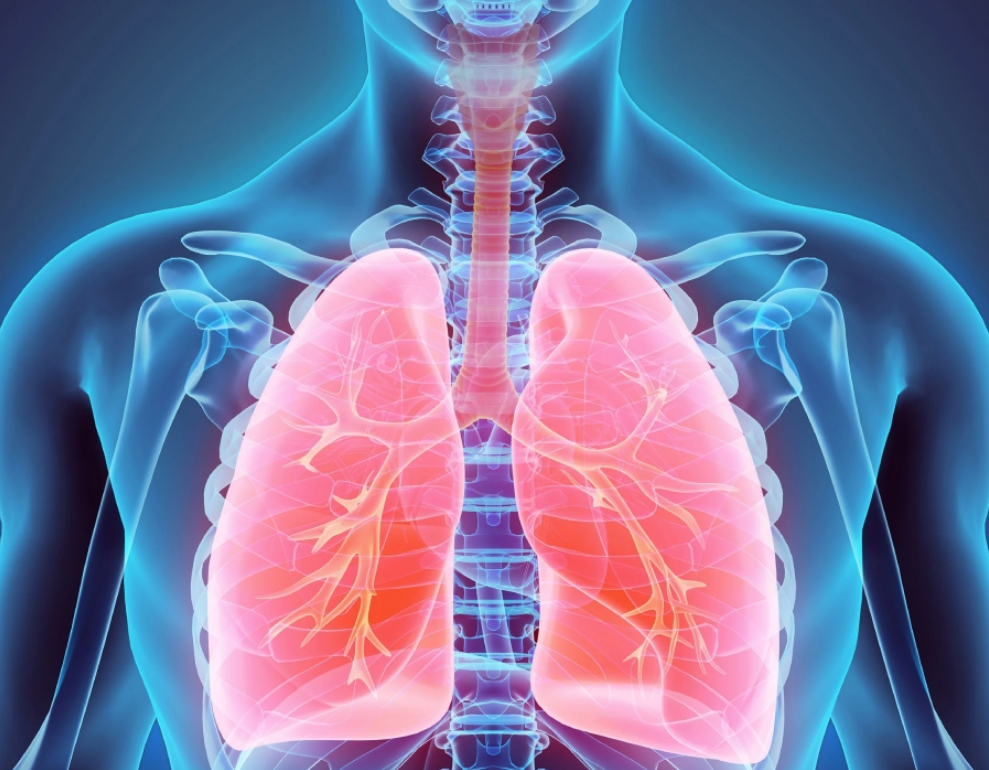
Lung cancer is a type of cancer that starts in the lungs. It is one of the most common types of cancer and the leading cause of cancer-related deaths worldwide. The cancer cells multiply and form a tumor, which can then spread to other parts of the body. Lung cancer usually does not produce any symptoms in its early stages, making it difficult to detect. However, with early diagnosis and proper treatment, lung cancer can be cured.
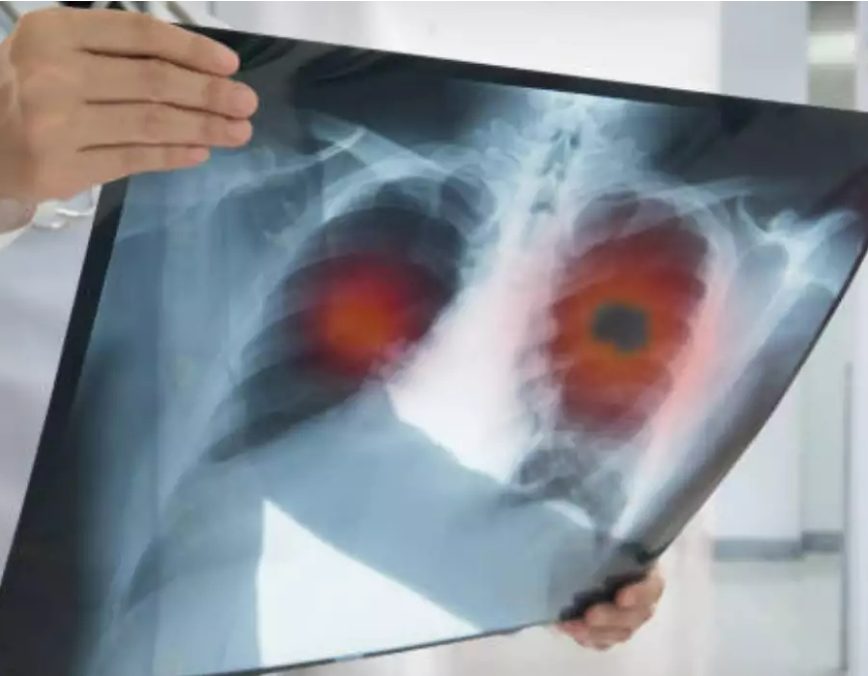
There are certain factors that increase the risk of developing lung cancer. The most common factor is tobacco smoking, which is responsible for 80-90% of lung cancer cases. Exposure to secondhand smoke, air pollution, and radon gas can also increase the risk. People with a family history of lung cancer and those who have had previous lung diseases are also at a higher risk. Taking precautions such as avoiding tobacco and exposure to harmful substances can help prevent lung cancer.
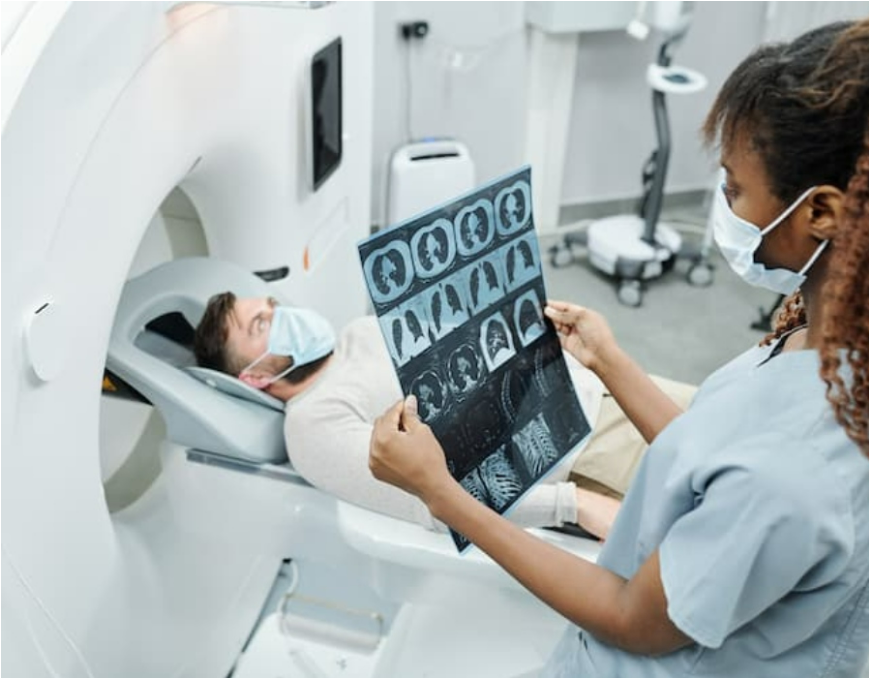
If you experience any symptoms like persistent coughing, chest pain, shortness of breath, or sudden weight loss, it is essential to consult a doctor. The doctor will perform a physical examination and assess your medical history. They may also recommend imaging tests, such as X-rays or CT scans, to detect any abnormalities in the lungs. In some cases, a biopsy may be needed to confirm the diagnosis of lung cancer.
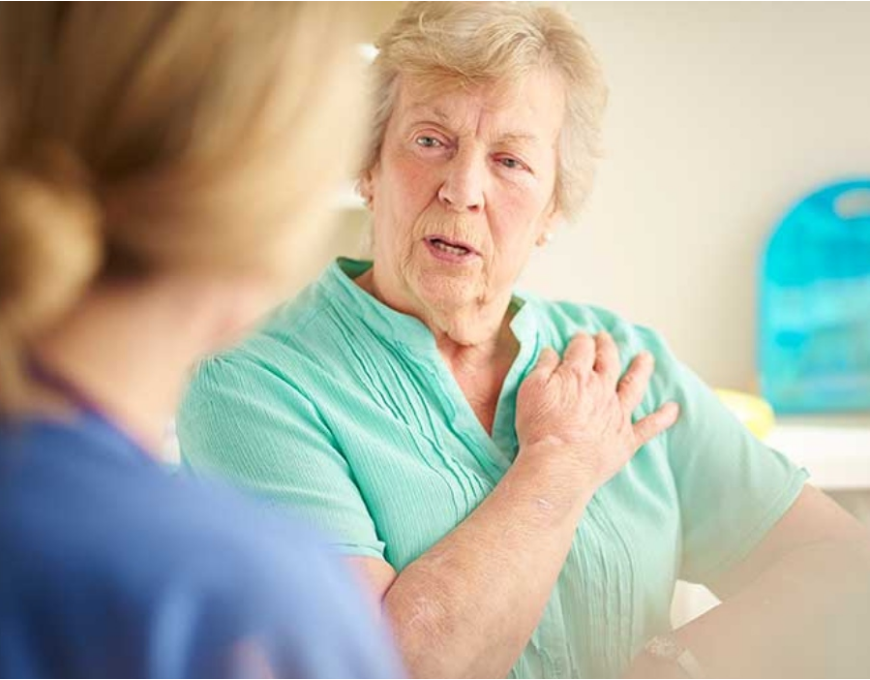
The symptoms of lung cancer can vary from person to person. Some common signs and symptoms include a persistent cough, chest pain, wheezing, shortness of breath, and fatigue. You may also experience sudden weight loss, loss of appetite, and coughing up blood. However, these symptoms can also be caused by other conditions, so it is essential to consult a doctor for a proper diagnosis.
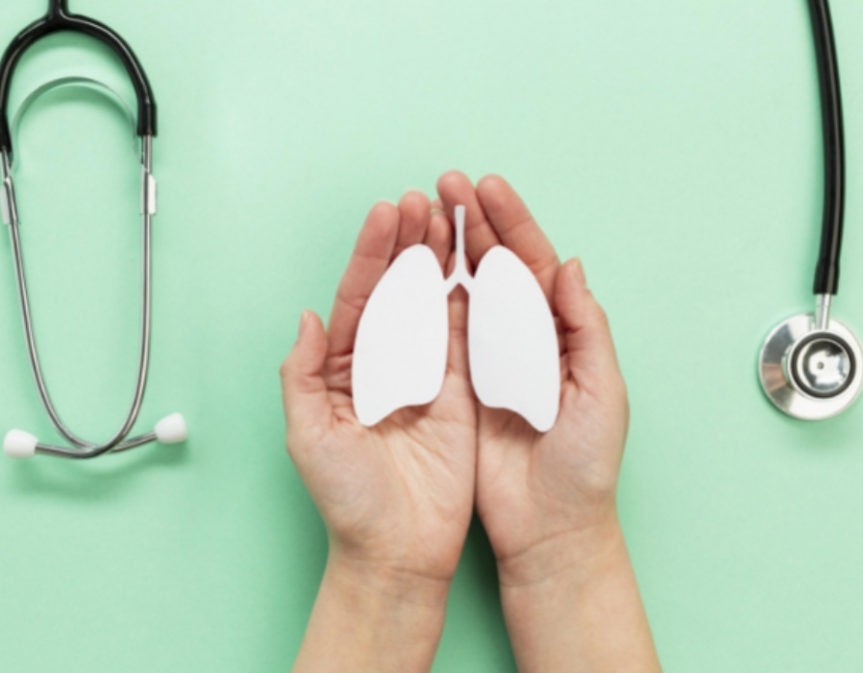
After the diagnosis of lung cancer, your doctor will determine the stage of cancer. This evaluation is crucial in planning the best treatment for you. The staging system helps in determining the size of the tumor and if it has spread to other parts of the body. It also helps to identify the appropriate treatment options and the chances of survival. Your doctor may use imaging tests, biopsies, and other procedures to evaluate the stage of lung cancer.
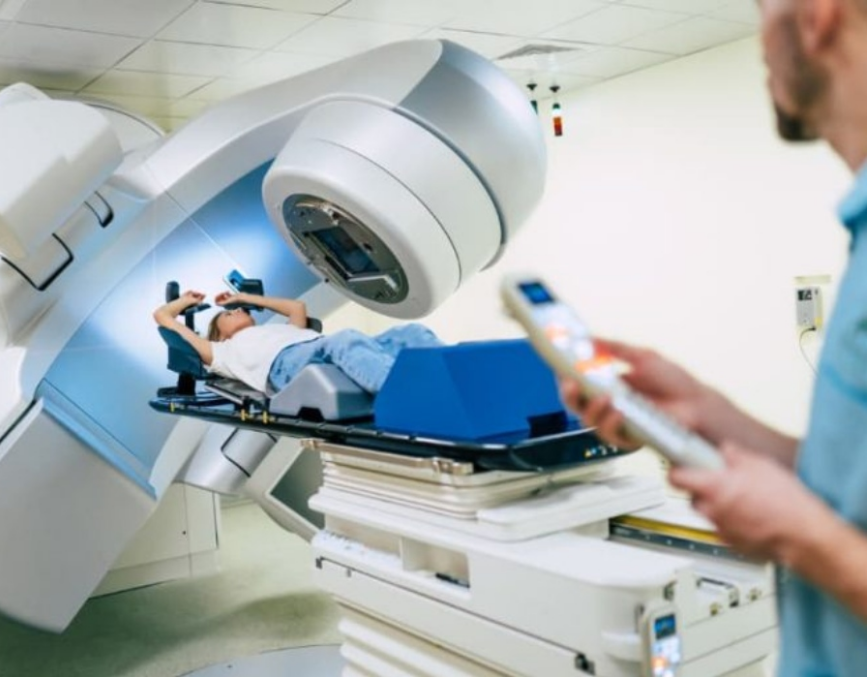
The treatment for lung cancer depends on the type, stage, and overall health of the patient. It may include surgery, radiation therapy, chemotherapy, targeted therapy, or immunotherapy. To ensure the best possible outcome, it is essential to follow your doctor’s instructions carefully. This may include making lifestyle changes, taking prescribed medications, and attending regular check-ups.

After completing the treatment for lung cancer, post-treatment support is crucial for your recovery. It is normal to experience physical and emotional changes during and after the treatment process. It is essential to seek support from your loved ones and connect with support groups. Your doctor may also recommend follow-up appointments to monitor your health and make sure there is no recurrence.

Yes, lung cancer can be prevented by avoiding tobacco, minimizing exposure to harmful substances, and making healthy lifestyle choices.
The treatment options for lung cancer may include surgery, radiation therapy, chemotherapy, targeted therapy, or immunotherapy, depending on the type and stage of cancer.
Hair loss is a common side effect of chemotherapy, but it is not certain that everyone will experience it. Our doctor at Good Life Clinic can provide more information based on your specific treatment plan.
You can offer emotional support by being a good listener, helping with daily tasks, and accompanying them to doctor appointments. Educating yourself about lung cancer and treatments can also be helpful.
There is always a risk of cancer recurring after treatment, which is why regular check-ups are crucial to monitor your health post-treatment.
Cancer is on a rise. Each year more than 1 crore people lose their lives to cancer. We understand that the quality of life is equally important to the quantity of life. Our treatments always keep the quality of life in focus. This has helped us achieve exceptional patient outcomes.
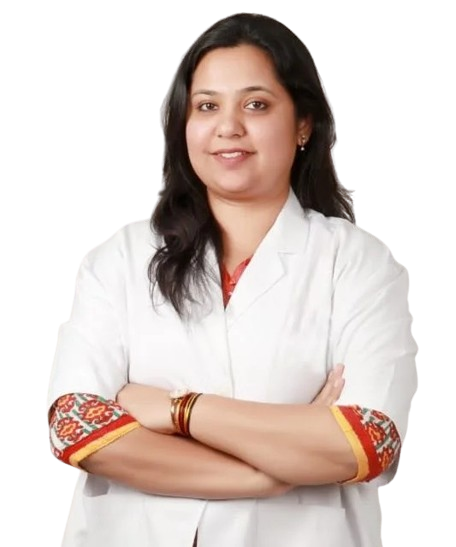
Pain and Palliative Specialist
MBBS from KMC, Mangalore, Manipal University
MD Anaesthesia from People's College, Bhopal
FIAPM (Fellowship in Pain Medicine)
Daradia, Kolkata
EDPM - European Diploma in Pain Medicine, Belgium

Medical oncologist and Hematologist
MBBS from UCMS and GTB hospital, Delhi
MD Radiation oncology from the prestigious KGMU college, Lucknow
DM Medical Oncology from Ramiah Medical College/ HCG Ramiah Hospital, Bengaluru
ESMO - Certified European Society for Medical Oncology